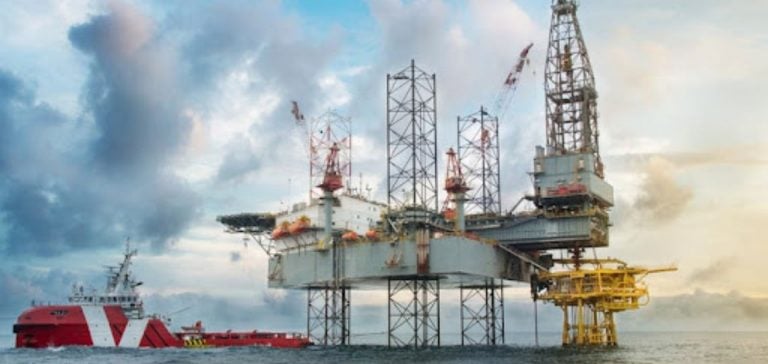ExxonMobil plans to spend $10 billion to develop the Owo oil field, located in deep waters off the Nigerian coast.
The project is part of a wider strategy to strengthen the group’s offshore operations in a country where oil activities play a central role in the economy.
The Nigerian government hopes that this investment will help revitalize domestic production, while generating much-needed additional revenue for the country.
This commitment is in line with the government’s desire to modernize its oil sector, which is essential to its public finances.
Bola Tinubu’s administration is pushing ahead with fiscal and regulatory reforms to attract foreign investment in a sector marked by security and oil theft challenges.
The aim is to increase the stability of operations, particularly offshore ones, which are generally less exposed to disruption than onshore infrastructures.
Production growth and long-term objectives
ExxonMobil plans to increase Nigerian oil production by 50,000 barrels per day over the next few years thanks to this investment in the Owo project.
This increase would consolidate Nigeria’s production capacity, whose economy is heavily dependent on oil exports.
Daily production currently stands at around 1.41 million barrels, up on the previous year.
The Owo project represents an opportunity for Nigeria to strengthen its position as one of Africa’s leading oil producers, and for ExxonMobil to stabilize its operations in an environment less disrupted by incidents of sabotage and oil theft, common at onshore facilities.
This initiative follows the sale of onshore assets to Seplat Energy for $1.3 billion, reflecting a clear strategy of refocusing on offshore operations.
A project supported by the Nigerian government
The Owo project enjoys strong support from the Nigerian government.
Vice President Kashim Shettima emphasized that this type of investment is part of the government’s strategy to create a more favorable environment for major foreign companies.
The government is working with ExxonMobil to ensure that advantageous tax conditions are put in place to secure this massive investment and ensure its long-term profitability.
The reforms undertaken by the Nigerian government, notably the Oil and Gas Act of 2021, aim to mitigate the uncertainties that have often discouraged international investors.
The willingness to strengthen partnerships with multinationals like ExxonMobil demonstrates a clear commitment to revitalizing a sector vital to the national economy.
This partnership could also encourage other international players to consider similar investments in the country.
Challenges facing the Nigerian oil industry
Although ExxonMobil’s investment offers positive prospects for the Nigerian oil sector, many challenges remain.
Oil theft, sabotage and security issues remain threats to oil infrastructure, even though offshore operations are relatively better protected against these risks.
In addition, the regulatory framework, while improving, has yet to prove its long-term effectiveness in reassuring investors.
In addition, oil price fluctuations on world markets add a variable of uncertainty, which can impact on the profitability of large-scale investments in this sector.
However, Nigeria remains a key player on the global oil scene, and ongoing reforms should offer expansion opportunities for companies like ExxonMobil.
Outlook for the future of offshore operations
The Owo project illustrates a growing trend in the oil industry: the shift towards offshore operations.
This strategic choice, combined with advanced exploration and exploitation technologies, enables companies like ExxonMobil to minimize operational risks while maximizing production potential.
By concentrating on deepwater projects, the company ensures a degree of stability in an increasingly uncertain international environment.
If the success of the Owo project materializes, it could serve as a model for other international investments in the Nigerian oil sector.
This approach, supported by government reforms, could also encourage companies from a variety of backgrounds to explore the opportunities offered by the Nigerian energy market, helping to strengthen the country’s position as a leading oil producer.






















